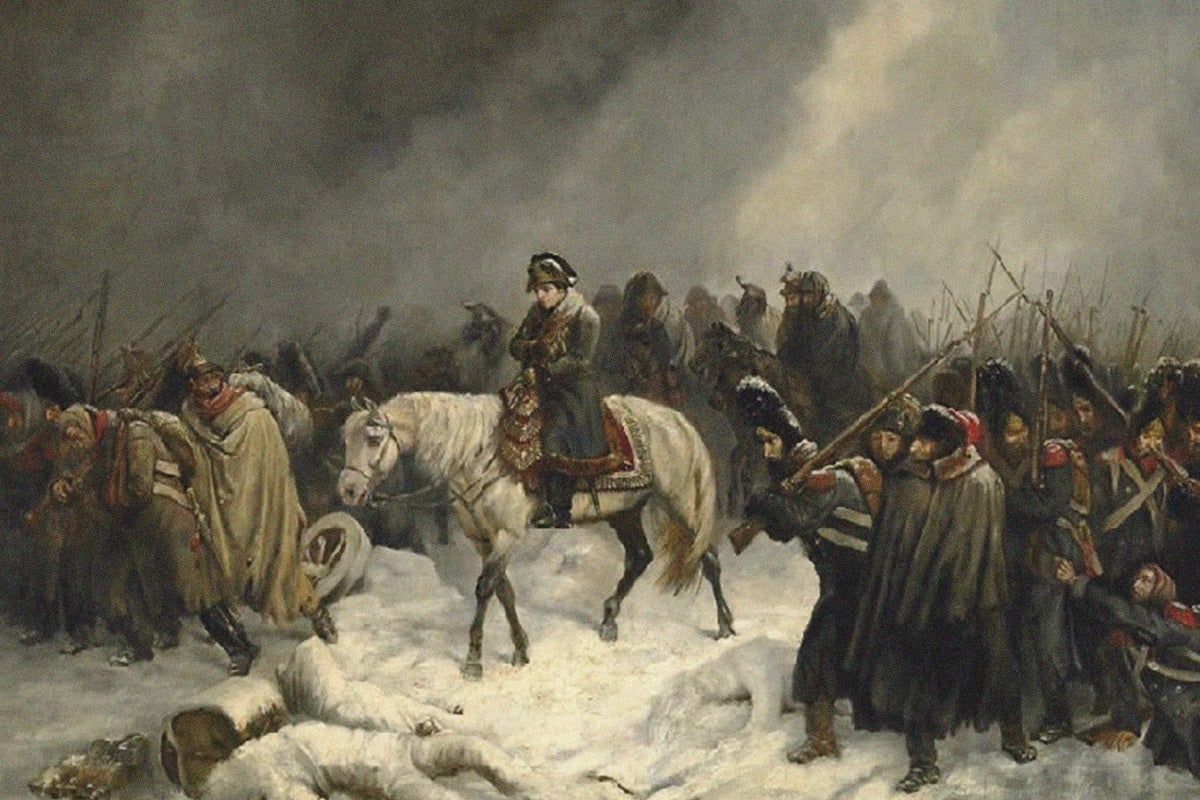
"When Barbieri and his team examined the preserved teeth of 13 of Napoleon's fallen soldiers, they were unable to find any evidence of Rickettsia prowazekii, the bacterium responsible for epidemic typhus."
"Instead, they found traces of the bacterium Salmonella enterica, which causes typhoid fever, and Borrelia recurrentis, which causes relapsing fever and is mainly transmitted by body lice."
From June 24, 1812, Napoleon Bonaparte led an invasion of the Russian Empire, resulting in immense losses from various causes. Historical accounts attribute the deaths to battles, cold, starvation, and typhus. A recent study by microbiologist Remi Barbieri revealed that soldiers diagnosed with typhus may not have had Rickettsia prowazekii or Bartonella quintana. Instead, analyses of fallen soldiers' teeth revealed Salmonella enterica and Borrelia recurrentis as possible culprits, indicating that previously unrecognized pathogens likely contributed to the high mortality rates in weakened soldiers.
Read at www.scientificamerican.com
Unable to calculate read time
Collection
[
|
...
]